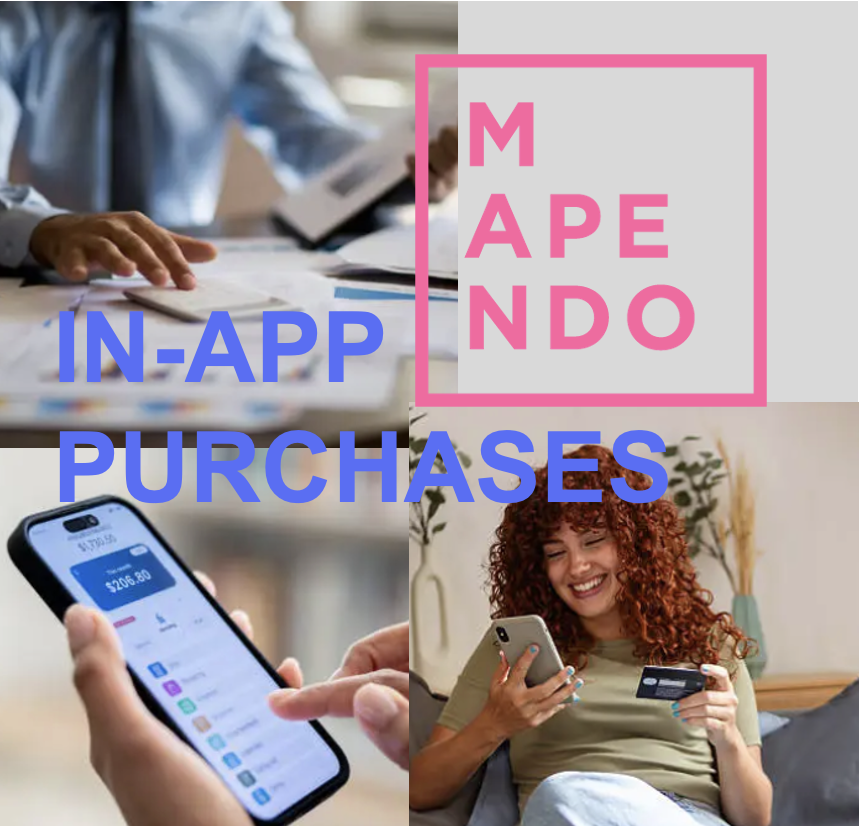The increasing competition among advertisers in the app market makes it imperative for app developers to rely on paid app marketing techniques to drive new users and acquire loyal and high-quality customers. To do so, the first essential step would be to integrate with Mobile Measurement Partners or MMPs to track the activity of your app for paid user acquisition purposes. So before diving into the specifics, let’s get started by looking at what MMPs are.
Mobile Measurement Partners (MMPs): what are they?
When advertisers come to assess their performance to understand which paths have led their users to conversion, it can be hard to gauge or simply manage such a high volume of data resulting from your app install campaign and determine the right attribution.
Mobile Measurement Partners (MMPs) enter the game of app marketing techniques by working as third-party companies collaborating with you to map your users’ journey and evaluate your campaign performance metrics through data collection.
Mobile Measurement Partners are platform providers that aggregate app data to establish attributions and that help marketers understand which media sources and channels should take credit for driving new conversions.
All data you need, all at once: how do MMPs work?
Mobile Measurement Partners establish the right correlation between users’ engagement, installs, and in-app actions. So, MMPs need to examine the interaction between users and ads by measuring impressions and clicks.
Consequently, MMPs collect all data resulting from app-paid user acquisition campaigns so that advertisers can have access to them all at once to assess their app marketing techniques and be guaranteed a complete overview of the campaign performance.
What do MMPs need to help you find the right match between conversions and media channels?
- Implementing SDK (Software Development Kit, i.e., a string of code that collects metrics and attribution data to make the right correlation between ad engagement and in-app actions).
- A combination of Device IDs for deterministic attribution (a unique and anonymous identifier linked to single mobile devices).
- Probabilistic modeling (a statistical technique that measures attributions by calculating the impact of contextual data or actions).
The role of MMPs in the new privacy era of app marketing techniques
In the realm of app marketing techniques, the recent privacy-driven policy has increasingly grown important affecting campaign optimization.
After Apple released iOS14 along with the restriction regarding IDFA tracking (when users decide not to give their consent to be tracked by hiding their device identifier for advertisers), advertisers require users’ consent to allow third parties to gather their user-level data.
In the «post-IDFA world» - the introduction of the ATT framework (App Tracking Transparency) on iOS, the industry needs to come up with innovative strategies to adjust to the new privacy era. A still efficient method to acquire users through app marketing techniques is the probabilistic attribution model that does not rely on IDFA but is based on machine learning algorithms to identify probable conversions.
An alternative is SKAdNetwork, designed in 2018 to support the ATT framework, and based on deterministic mobile attribution. It allows users to protect their personal data while enabling advertisers to track installs and events, as well as to measure their ad activity (clicks, impressions…) with some restrictions, though, and a 24-48 hours delay.

How can your app-paid user acquisition campaign benefit from MMPs?
Marketers cannot but partner with MMPs. Indeed, it can be too demanding for them to analyze on their own the great amount of data stored in their marketing stack.
Firstly, MMPs enable advertisers to keep a fraud-free ecosystem by availing themselves of sophisticated machine-learning algorithms. Indeed, they select only ad networks that take serious actions against fraud by partnering only with top players to maintain the integrity of the platform and ensure privacy-oriented app marketing techniques.
Moreover, MMP companies provide you with actual experts in the field of mobile attribution. When the hard graft on dashboards and spreadsheets is left exclusively to humans, it is highly likely to commit mistakes, miscalculate, and misread. Time-consuming and money-sucking operations may represent not only a potential risk but also a missed chance to optimize your app marketing techniques.
Here are some points to resume why it is important to integrate with MMPs:
· Optimize your app performance by improving ROI, ROAS, and LTV.
· Scale up marketing efforts while scaling your paid user acquisition campaign across several ad networks.
· No waste of time or money: a single, universal SDK can do all the hard graft at your place by measuring and attributing all your ad networks.
· You can access all your data and campaign metrics through one single interface. Data collected include not only those of paid user acquisition but also those coming from organic traffic. In one single dashboard, you get a holistic picture of all your funnel through the data aggregated and collected there.
· Effective investments: you can allocate better your budget depending on the data you receive about the results of app marketing techniques for your user acquisition campaign.
In conclusion, since it has complete access to your data, you must make sure that your mobile measurement partner is unbiased, loyal, and independent.




















